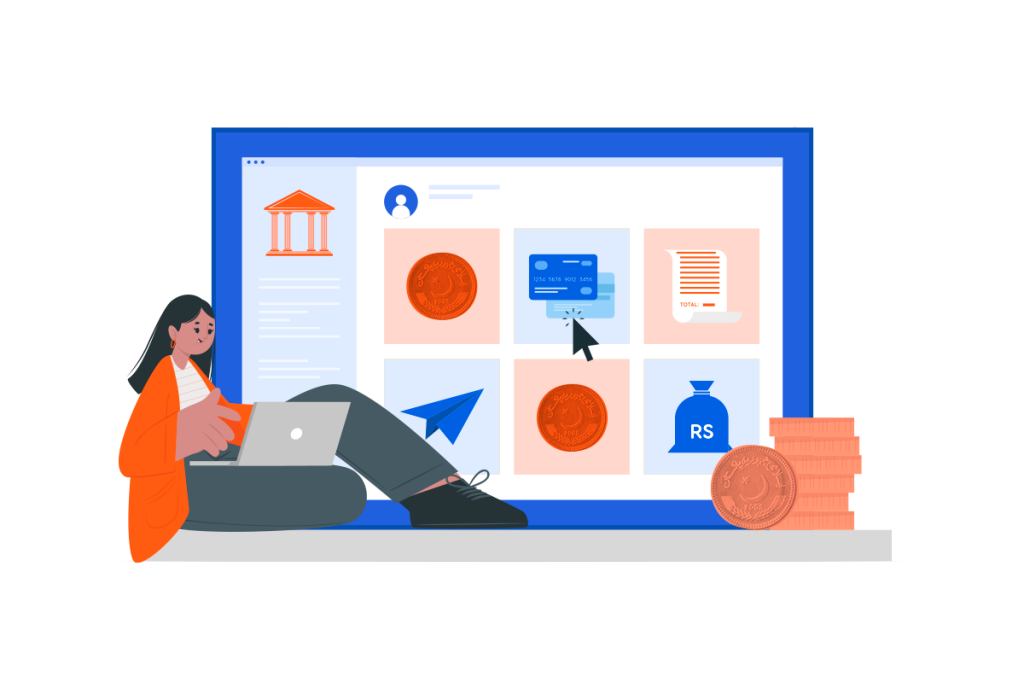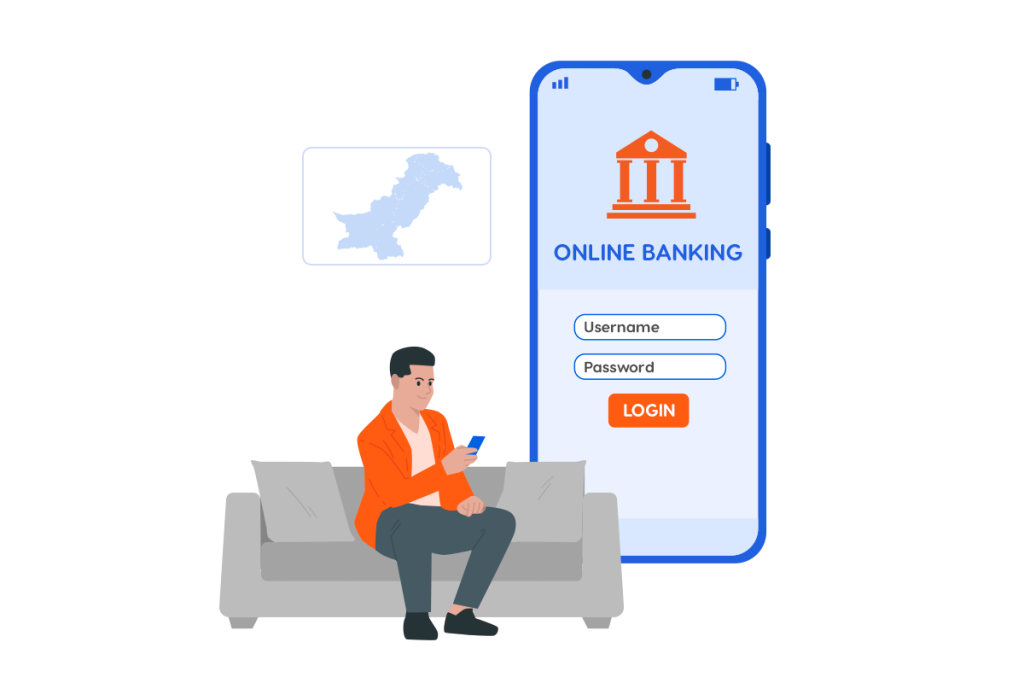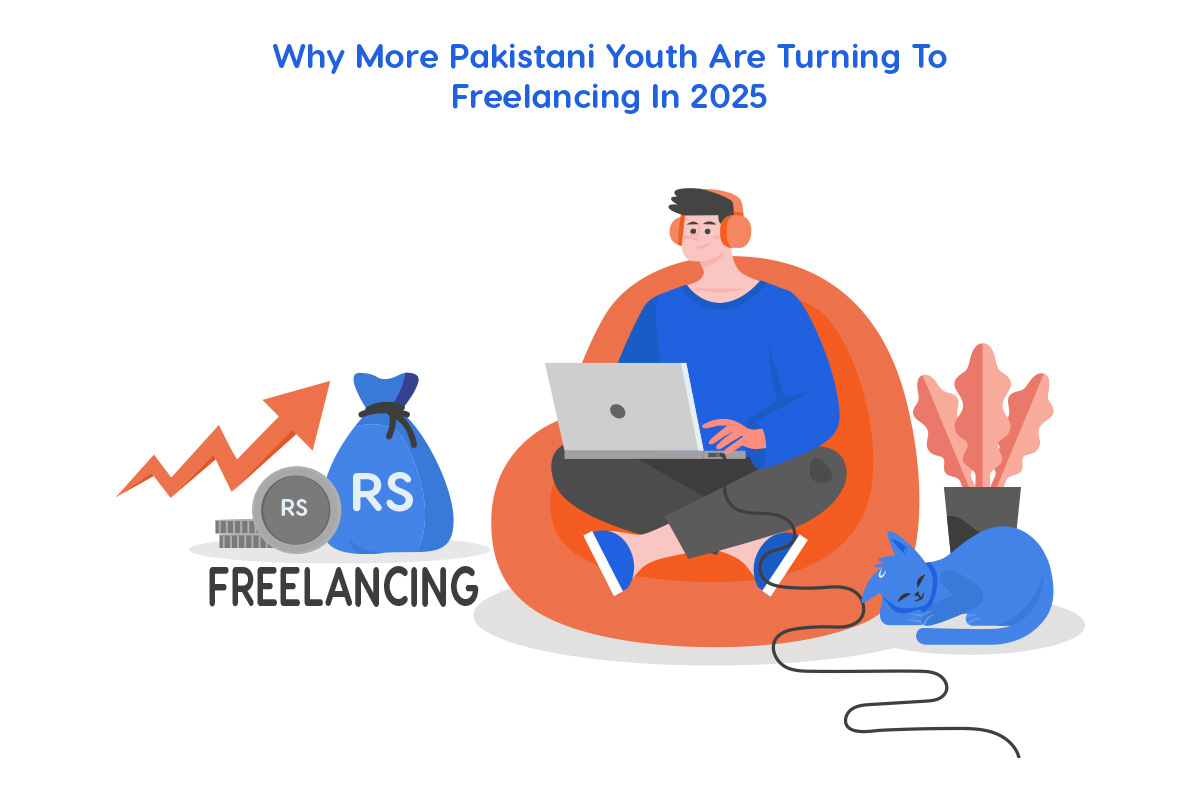Mobile banking apps are popular because they’re super easy to use. You can do your banking just by tapping your phone screen. You can be miles away and still manage your money, even sending money between accounts in different countries. For example, someone in the UK could easily handle their finances from abroad. Recent security updates have disrupted the smooth experience of mobile banking. Customers are facing obstacles accessing their accounts due to new security measures, like sharing location data.
As customers increasingly adopt mobile banking solutions, it is becoming extremely important for Banks to find the proper balance between customer convenience and the security of customer accounts and information. It is generally believed that increasing security (2FA, OTP, etc) on mobile solutions negatively impacts convenience, as users are usually required to take extra steps to gain access to their funds. On the other hand, fraud incidents negatively impact a bank’s reputation as customers tend to lose faith in the ability of such banks to secure their funds. In this research article, our Tashheer research team compiled a list of details to maintain the right balance between the security and convenience mobile banking apps in Pakistan. Read more about List of Top 6 Matrimonial Apps in Pakistan
Meezan Bank’s Former Glory and Current Challenges
After conversing with the experts and completing thorough research, some specialists found that Meezan Bank is the number one banking app in Pakistan by ranking. Actually, Meezan scored an overall 21 points (out of a possible 25 total points), which was the highest among all. Meezan officials initially believed they deserved full marks for their app’s excellence and confidence in its quality. Yet, some recent customer feedback reveals frustration, not just with Meezan but across various banking apps. Balancing security and user experience remains a challenge for banks nationwide. Almost all banks across Pakistan are attempting to strike a balance between strong security measures to keep their clients safe and offering them a seamless experience.

Rise of Mobile Banking Apps in Pakistan
Mobile banking apps allow people in remote areas to access banking services without visiting a physical branch. With just a finger tap, we can check our account balances, transfer money, and pay bills. In FY 2020-21, Pakistan saw a surge in digital payments, as reported by the State Bank of Pakistan. With 287 million mobile and internet transactions totaling PKR 10.5 trillion, there was a remarkable increase of 106% in volume and 124% in value compared to the previous year. E-commerce transactions also doubled during this period, indicating a notable rise in digital financial activity in Pakistan. In the second quarter of the 2023-24 financial year, mobile banking users reached 16 million with a quarterly growth of 8% while internet banking users reached 11 million, showing a 5% increase. Today in Pakistan, banks are investing in secure mobile banking apps to address security concerns and build trust among users.
Security Measures vs. User Experience
Maintaining a balance between security and a smooth user experience in mobile banking is becoming increasingly difficult for banking service providers. According to a recent survey, customers prioritize simplicity over security, showing a maximum preference for convenience over strict safety measures. Here is a table that highlights the importance of balancing strong security measures with providing a positive user experience in mobile banking apps.
| Security Measures | User Experience |
| Strong password requirements | Smooth and intuitive navigation |
| Multi-factor authentication | All-in-one login process |
| End-to-end encryption | Quick and efficient transactions |
| Biometric authentication | Convenient and user-friendly |
| Device authentication | Personalized and responsive |
| Transaction monitoring | Minimal disruption |
| Secure communication channels | Clear and helpful notifications |
| Fraud detection algorithms | Transparent and easy-to-understand alerts |
Security Measures
Here are some of the benefits and drawbacks of the security measures.
Benefits
- Prevents identity theft, fraud, and financial loss.
- Safeguards user data and finances from breaches.
Drawbacks
- Can be complex, time-consuming, and frustrating for users.
User Experience
Benefits
- Fast and easy access to accounts and transactions.
- Intuitive navigation and clear information.
- Biometric login for faster authentication.
- Personalized features and financial insights.
Drawbacks
- Security Concerns
- Tech issues or bugs can affect usability
- Limited Offline Functionality
- Increased risk of hacking and identity theft
- Advanced security features may be confusing if not well explained.
Customer Frustrations and Testimonials
Customers may find the interface of the mobile banking app confusing, cluttered, or difficult to navigate, leading to frustration and difficulties in performing transactions. They often encounter technical issues such as app crashes, slow loading times, or errors during transactions, which disrupt their banking activities and cause frustration. Long wait times, complex IVR systems, and limited support channels can frustrate customers and hinder their ability to resolve issues promptly. Customers value the HBL Mobile Banking app’s security features and reliability, mentioning that they feel confident in using it for their banking needs without worrying about unauthorized access or security breaches.
You may also like: Top Mobile Banking Apps in Pakistan
Impact on Banking Operations
A recent study shows that mobile businesses can maximize their revenue by 15% through banking app personalization. Digital banking or neobanks, has disrupted the conventional model by allowing customers to handle their finances conveniently from home, just through a smartphone or computer. Digital platforms automate many tasks, reducing manual work and processing times for transactions. Pakistani Users no longer need to visit an ATM or a local bank branch to carry out transactions. They can use their mobile apps to transfer funds, check their account balance, pay bills and perform other banking tasks on the go. It allows banks to expand their customer base beyond geographical limitations, attracting customers from remote areas or those who prefer digital interaction. Mobile banking apps generate large amounts of data that banks can analyze to gain insights into customer behavior, preferences and needs. Along with the positive impacts of mobile banking apps, there are some drawbacks like security threats that our Pakistani community can not estimate. Not everyone has access to smartphones or reliable internet connections potentially excluding some demographics from using digital banking services.
Finding the Balance: Solutions and Strategies
Banks need to find a way to make sure their apps are both very safe and easy for everyone to use. Today, banks handle security on mobile solutions through:
Banks handle security on mobile solutions through:
- Complex registration processes, sometimes requiring branch visits, debit card usage, or physical tokens, incur costs and inconvenience for customers.
- Utilization of PINs, OTPs (one-time passcodes), or security tokens, typically set up by customers and delivered via SMS or branch pickup, aligned with transaction limits.
- Transaction limits are mandated by regulators, restricting the amount customers can transact daily.
Here are some advanced techniques that Pakistani banks can adopt to increase both convenience and security of funds, listed as
- Mandatory phone lock: Require customers to set up a phone lock when using the bank app, similar to Microsoft’s Outlook App.
- Biometrics: Enable fingerprint (Multi-factor Authentication) or facial recognition for login and transactions, familiar to smartphone users.
- Behavioral monitoring: Detect unusual transaction patterns to flag potential fraud like sudden high-value transfers for a customer with a history of low-value transactions. Use machine learning algorithms for fraud detection.
- Device Fingerprinting: Store unique device IDs to limit access to registered phones only.
- Location Detection: Use location services to prevent access from distant locations shortly after a transaction.
Overall, banks should prioritize user-friendly solutions that enhance security without burdening customers.

Future of Mobile Banking in Pakistan
The future of Islamic banking in Pakistan is intricately linked to technological advancements. Fintech innovations are expected to enhance accessibility, simplify operations, and create a seamless banking experience for customers. Recently, in work to shift Pakistan’s economy from cash to digital, Prime Minister has launched the country’s first instant digital payment system ‘Raast’ which allows end-to-end digital payments among, businesses, individuals, and government entities. Digital banking is the present and future of banking, but the industry is ever evolving. New technologies and trends may emerge, potentially reshaping financial services despite digital banking’s current dominance. Read more about SBP Launches Online Payment System for Merchants on Raast.
Here are some possibilities that can be seen as a part of mobile banking future in Pakistan, listed as:
Internet of Things (IoT) Banking
IoT Banking leverages interconnected devices equipped with sensors, software, and connectivity to gather and exchange data. This technology has the potential to revolutionize banking, delivering seamless and personalized experiences.
Artificial Intelligence (AI) Advancements
Artificial Intelligence is already making significant advancements in banking and its future potential is immense. AI technologies, such as machine learning, natural language processing, and predictive analytics, can revolutionize various aspects of financial services.
Cryptocurrencies and Central Bank Digital Currencies
In recent years, cryptocurrencies have gathered significant attention, prompting central banks to delve into Central Bank Digital Currencies. These digital representations of national currencies are overseen and issued by central banks.
Decentralized Finance (DeFi)
Decentralized Finance leverages blockchain technology to build a decentralized ecosystem for financial services. It eliminates the need for intermediaries and provides transparent, accessible, and global financial solutions.
Final Words
In this research article, our Tashheer research team discusses the current issues and the right balance between security and convenience of mobile banking apps in Pakistan. By adopting above mentioned techniques and using the support of relevant technologies and companies, Pakistani banks can position themselves at the forefront of digital banking innovation, offering enhanced customer experiences, streamlined operations, and staying competitive in the growing financial landscape.





